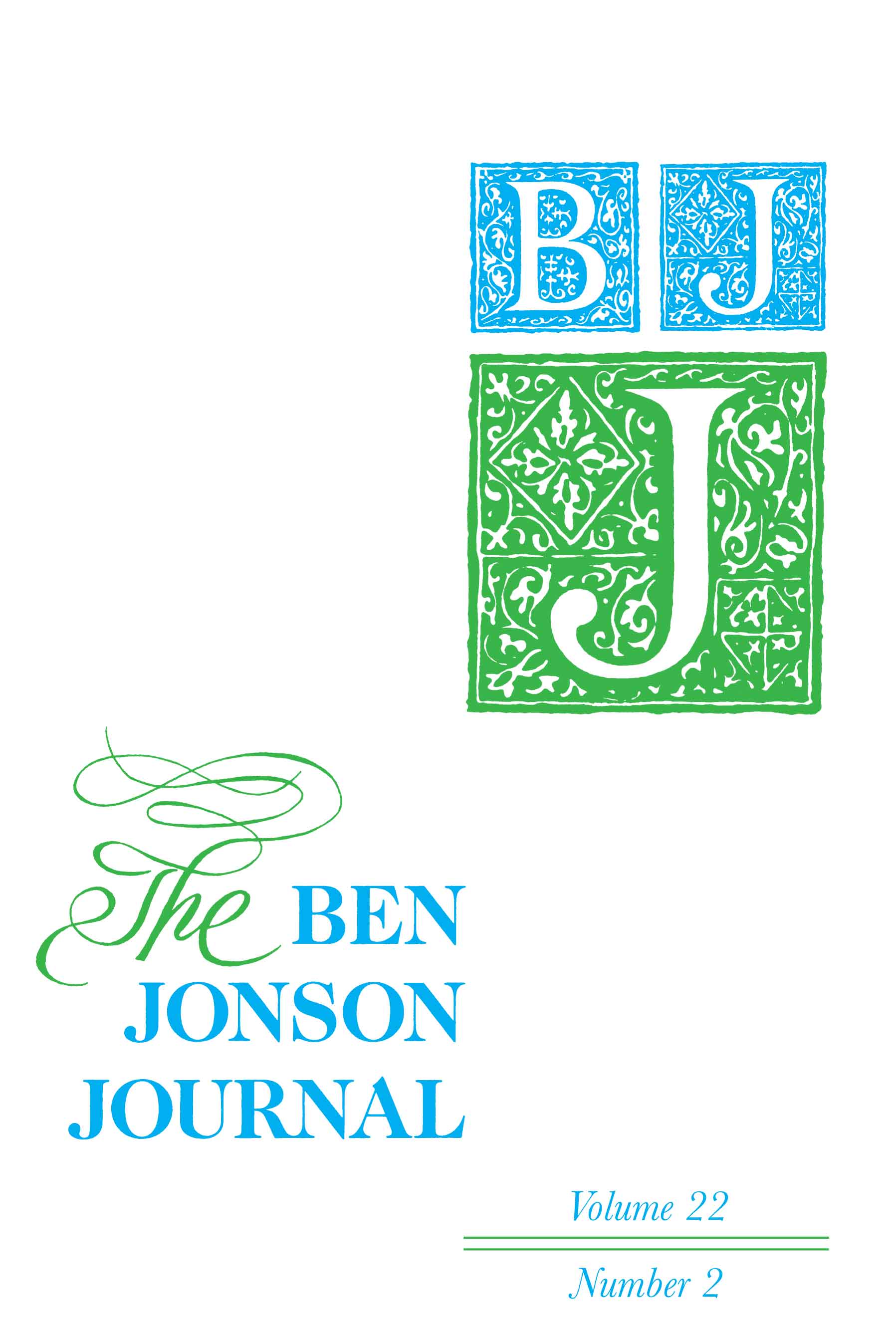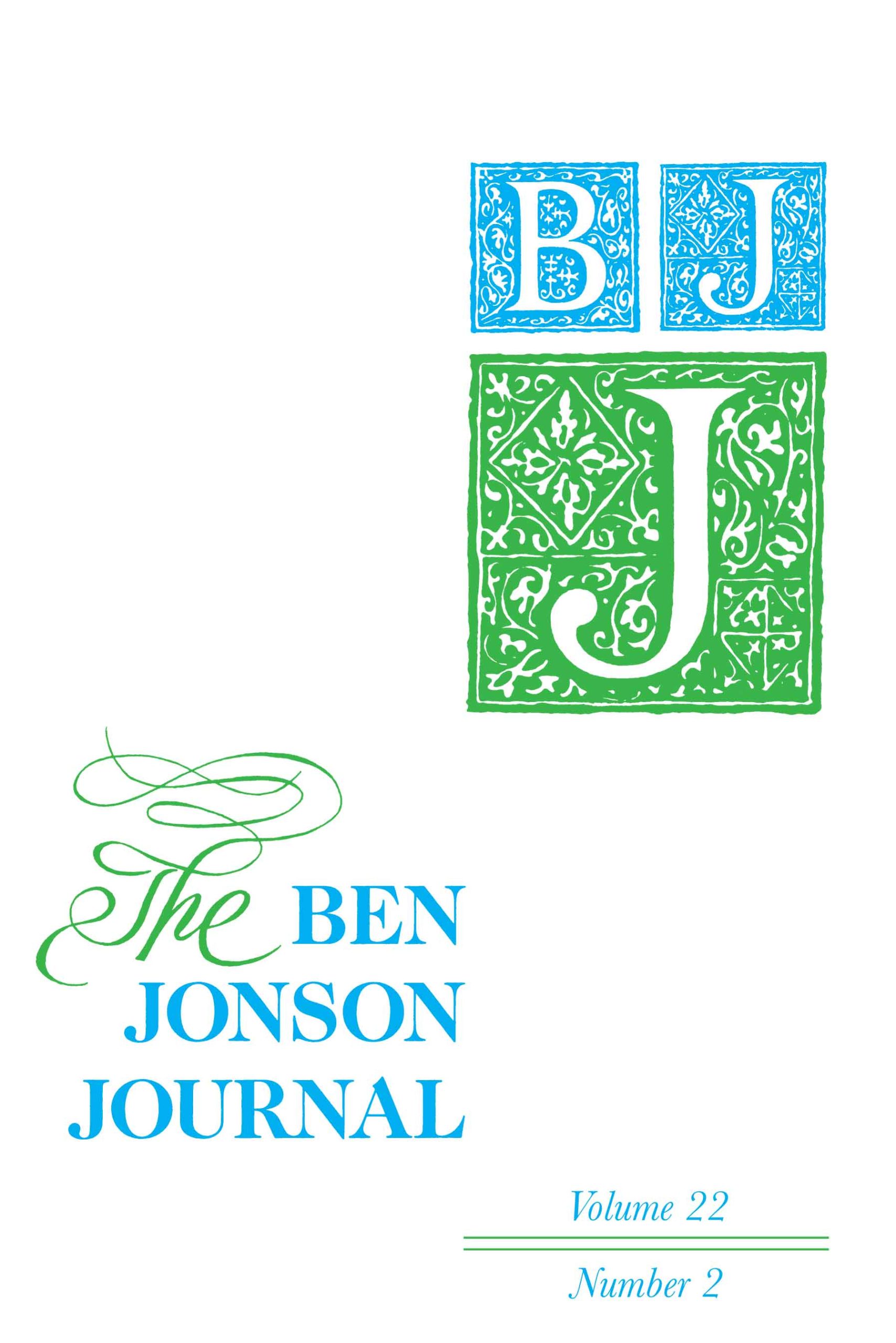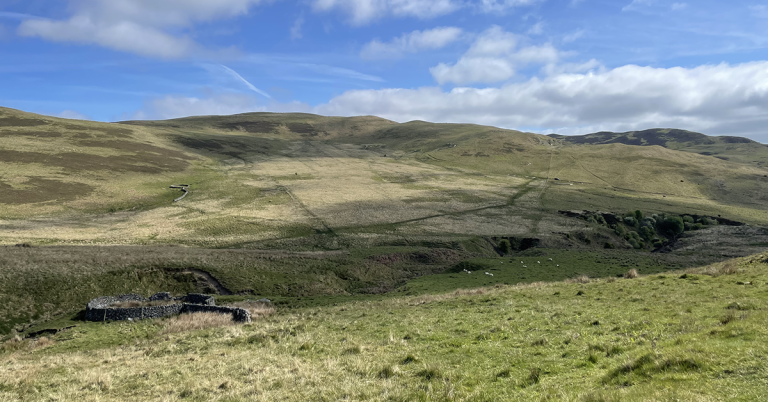
By Lisa Hopkins
Having an associative mind is often a source of shame, but it does occasionally have benefits. Two separate moments of mental abstraction came together to help me think about the fourth acts of Shakespearean tragedies. Watching King Lear at the West Yorkshire Playhouse with a worry at the back of my mind about the parking meter and how much longer there was to go, it suddenly dawned on me that I knew perfectly well that we were in the fourth act. Asking myself how I knew that, I realised that it had to do with tonality, and specifically a feeling of calmness and openness, as if the play saw many directions lying open before both it and its hero, even though I knew that all those possibilities were about to be abruptly and brutally cut off. The idea of writing something about fourth acts immediately felt the same way, because I love a project at this stage when it is still just the germ of an idea, when it feels as if it could become almost anything and before brutal reality kicks in and reminds me that it would be good if it could at least become something. Happily I had a second stroke of luck before I could stray too far from the path. At the Othello’s Island conference in Cyprus, I stopped to stroke a cat and a man standing in the door of his shop explained to me why there are so many cats on Cyprus: St Helena, landing there on her way back from finding the True Cross, was distressed to find snakes on the island, and so on her return sent a shipload of cats to deal with them. As a child I lived on Malta, so the story of an island freed from snakes by a saint was familiar, but Cyprus is the island of Othello, and the idea of snakes started a train of thought about the serpentine qualities of Iago and how the fourth acts of tragedies do not only hint at alternative identities for their heroes, but may also suggest the existence of another world. The fourth acts of plays may sometimes seem a quiet place, as in Hamlet where the prince is famously absent at this point, but actually they bristle with potential and with resonance.
Read ‘A Matter of Life and Death: The Fourth Act in Shakespearean Tragedy’ in Ben Jonson Journal, 22.2. 
Lisa Hopkins is Professor of English and Head of Graduate School at Sheffield Hallam University. Her publications include Renaissance Drama on the Edge (Ashgate, 2014), Drama and the Succession to the Crown, 1561-1633 (Ashgate, 2011) and Christopher Marlowe, Dramatist (Edinburgh University Press, 2008). She co-organises the annual Othello’s Island conference.






Reblogged this on gecko1000 and commented:
For those of us who love potentiality and resist commitment to a course of action – do we prefer fourth acts to fifth?
I too love that space where everything is possible and nothing is decided. To take one path is to reject all others at whatever unknown cost. I prefer to let the path choose me rather than the other way round.